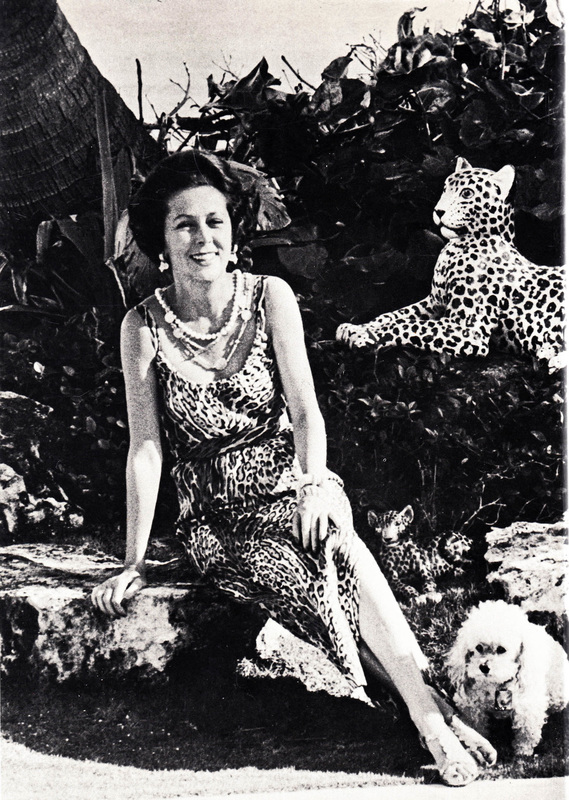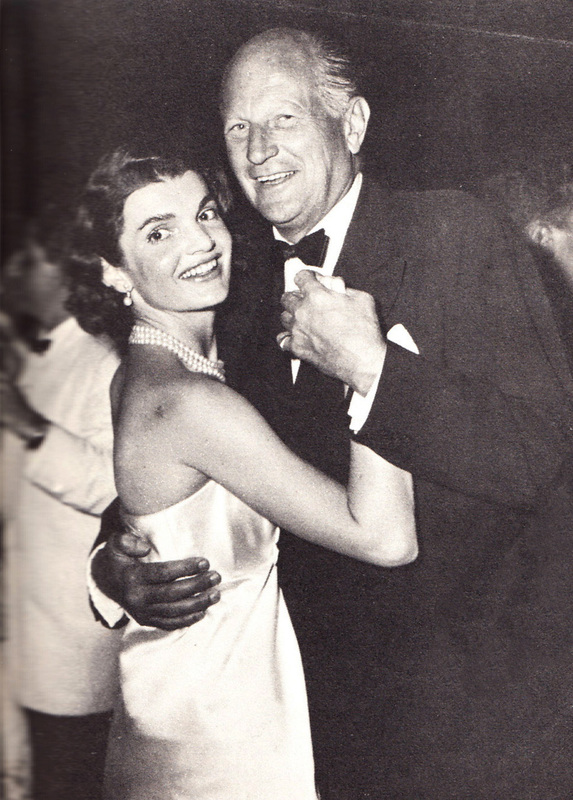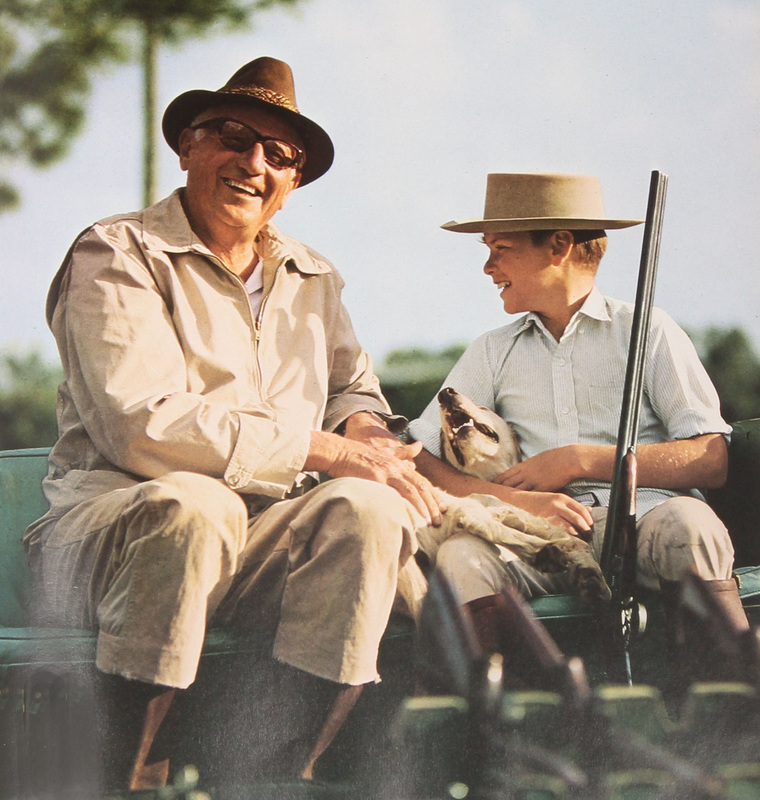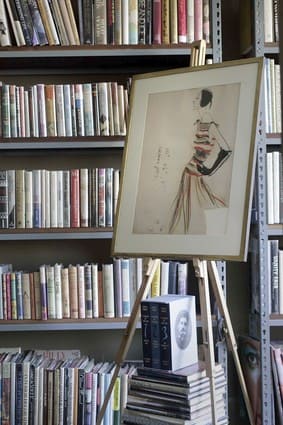One of her admirers was John F. Kennedy. They were romantically involved in the forties and remained close friends throughout his life. A Kennedy insider believed the President was more in sympathy with her than any other woman. Marriage, however, was out of the question. Pritchett Smith was a divorcée when they began dating—then difficult for anyone considering a run for the Oval Office and an absolute impossibility for a man who aspired to be the first Catholic president.
Their romance evolved into a friendship and expanded to include their spouses, Jacqueline Kennedy and Florence’s husband Earl E.T. Smith. Both Earl and Florence appear in Sally Bedell Smith’s excellent Grace and Power, The Private World of the Kennedy White House. When President Eisenhower appointed Earl to the Cuban ambassadorship and the Smiths decamped to Havana, Jackie sent them one hundred fifty volumes of classical works that Florence proclaimed “the best collection of English literature of anyone I know—outside of Jackie herself.” When Florence died of leukemia at age forty-five, Jackie wrote a warm note of sympathy to Earl, recalling “all the happy times gone now with dearest loving Flo.”
Even with this latest publicity, there is an awkward web search issue in regard to Florence Pritchett Smith. She passed away two days after the mysterious death of Dorothy Kilgallen, a reporter with whom she was acquainted. Kilgallen had recently conducted a rare private interview with Lee Harvey Oswald’s killer Jack Ruby from which she claimed to have information that would shed new light on the Kennedy assassination.
Whatever Kilgallen knew followed her to the grave. She died of an apparent drug and alcohol overdose before telling her story. Her notes were never found. Kilgallen’s death was indeed suspicious, but Pritchett Smith’s two days later was not. Florence had been suffering from terminal cancer. It is unfortunate that her passing will be forever entangled in assassination conspiracy theories.





 RSS Feed
RSS Feed